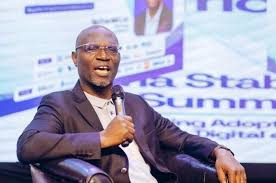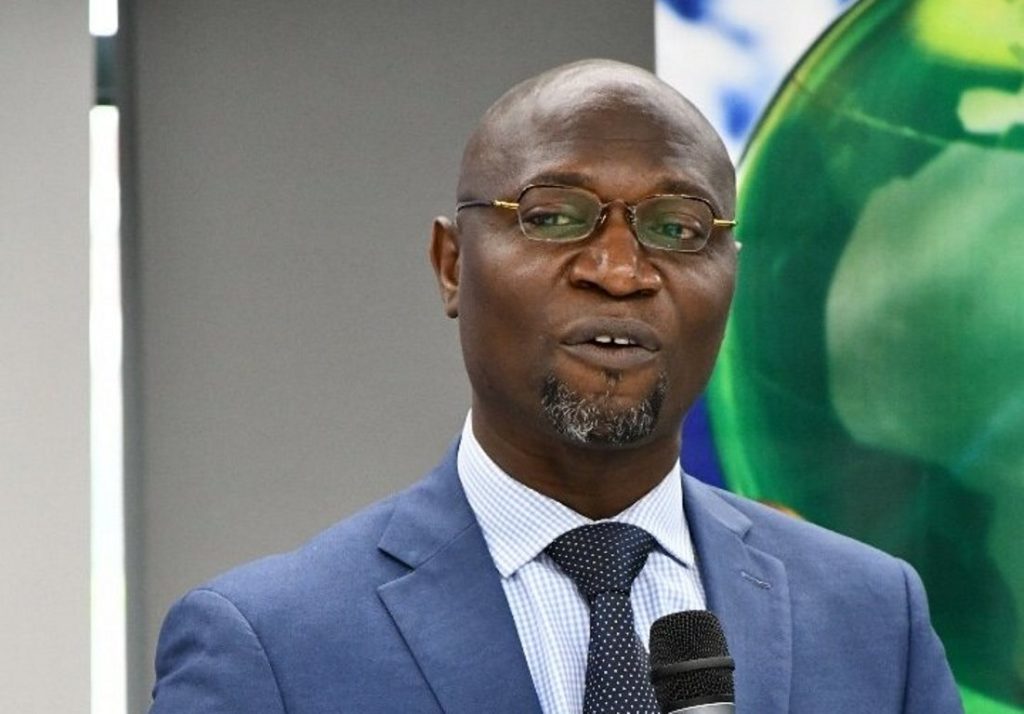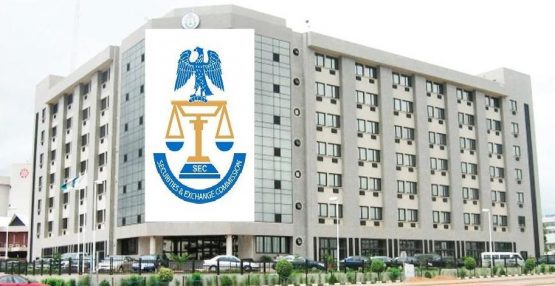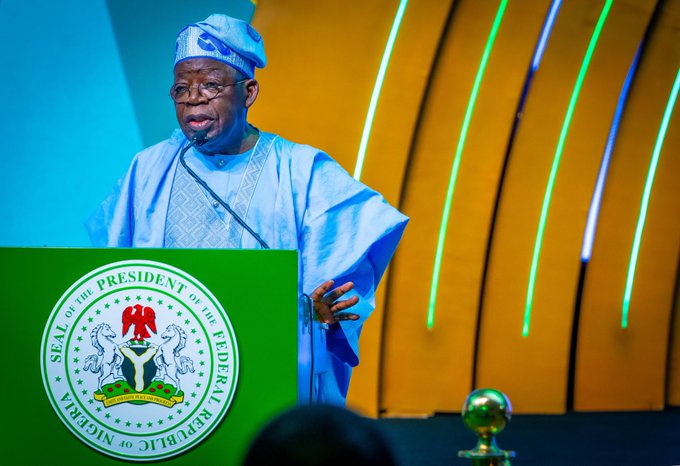Listeners:
Top listeners:
-
play_arrow
104.9FM Best rock music demo
-
play_arrow
Demo Radio Nr.1 For New Music And All The Hits!
-
play_arrow
Demo Radio Techno Top Music Radio
-
 play_arrow
play_arrow
Police Commissioner Launches Weapon and Riot Control Training for FCT Officers Democracy Radio

By Oluwakemi Kindness

Director-General of the Securities and Exchange Commission (SEC), Emomotimi Agama, has revealed that more than $50 billion worth of cryptocurrency transactions passed through Nigeria between July 2023 and June 2024.
He said this figure underscores investors’ growing appetite for high-risk digital assets outside the traditional financial market.
He stated this while speaking at the annual conference of the Chartered Institute of Stockbrokers, where he presented a lead paper titled: “Evaluating the Nigerian Capital Market Masterplan 2015–2025”.
Agama warned that fewer than four percent of Nigeria’s adult population currently participate in the formal capital market a worrying gap that threatens national economic growth and capital formation.
According to him, while less than three million Nigerians are active investors, over 60 million citizens engage daily in gambling, spending an estimated $5.5 million every day.
“This reveals a paradox, the appetite for risk clearly exists, but not the trust or access to channel that energy into productive investment,” Agama said.
He lamented that Nigeria’s market capitalization-to-GDP ratio stands at just 30 percent, far below South Africa’s 320 percent, Malaysia’s 123 percent, and India’s 92 percent, a disparity he said highlights the urgent need to deepen financial inclusion and rebuild investor confidence.

Reflecting on the ten-year Capital Market Master Plan (CMMP) launched in 2015, Agama said the vision was to reposition Nigeria’s market as a driver of economic transformation through long-term financing for infrastructure and enterprise growth.
“As we stand at the sunset of that ten-year plan, our task is not ceremonial; it is reflective and diagnostic. We must ask: what did we achieve, where did we fall short, and what lessons must anchor our next decade of reforms?” he stated.
He disclosed that ess than half of the 108 initiatives outlined in the CMMP were fully implemented, citing poor alignment with national development plans, weak stakeholder ownership, and inadequate tracking systems.
Despite achievements in Green Bonds, Sukuk, fintech integration, and non-interest finance, Agama noted that liquidity remains concentrated in a few large-cap stocks such as Airtel Africa, Dangote Cement, and MTN Nigeria.
Listing six critical challenges for the next reform phase, he identified low retail participation, market concentration, falling foreign inflows, underutilized pension assets, untapped diaspora capital, and a widening infrastructure financing gap.
“Nigeria’s $150 billion annual infrastructure deficit far exceeds the market’s contribution, with only N1.5 trillion approved in PPP bonds, showing a misalignment between financial innovation and national priorities,” he said.
Agama called for a “reimagined SEC” that acts not just as a regulator but as an enabler of private-sector-driven growth, stressing that the next decade must prioritize trust, transparency, and inclusion.
“Vision without execution is inertia — and reform without measurement is aspiration without accountability,” he concluded.
Written by: Democracy Radio
#Capital Market #DemocarcyRadio #SEC #SEC Nigeria
Similar posts
Copyright Democracy Radio -2024


